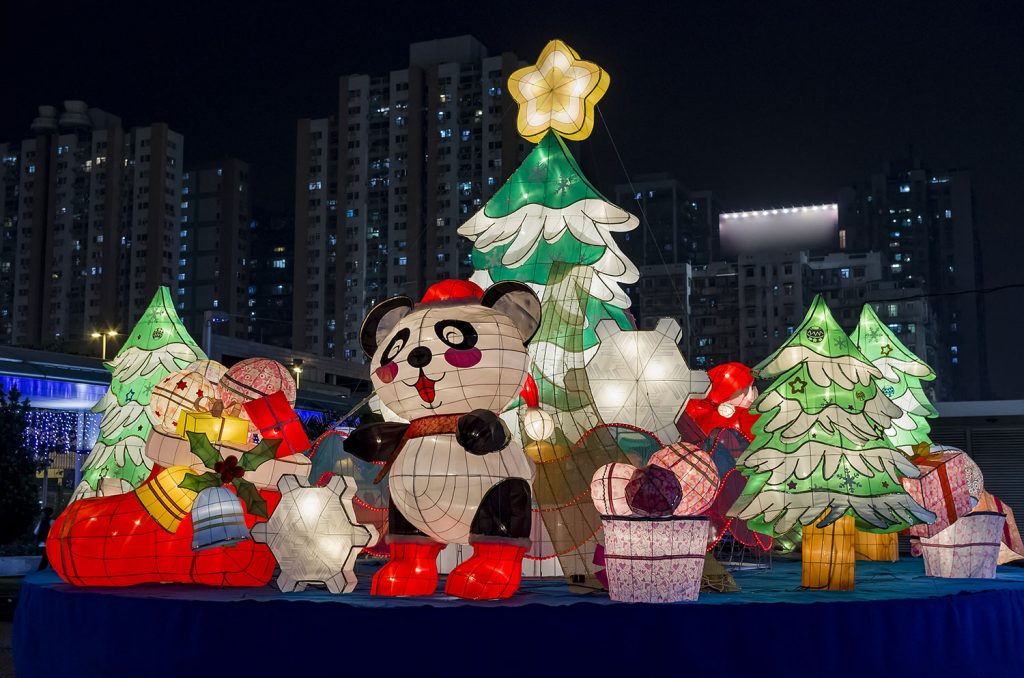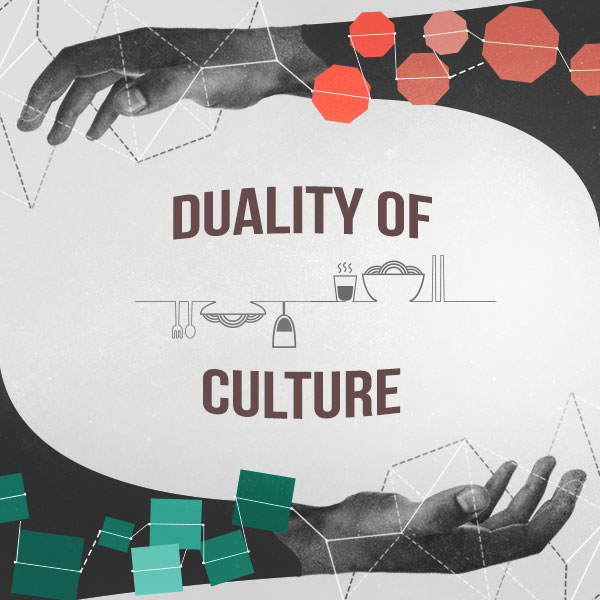Constantly craving 饺子 Jiǎozi
The longer you live in China, the more you grow to appreciate its culture, especially the festivals. There’s awesome food and lively performances but most importantly, very long holidays. 春节 Chūnjié is no different. With 5 years on the mainland, I celebrated quite a few, each better and more authentic than the other. And even though I have returned to the western side of the globe, at this time of year, my heartstrings always tug eastward. Reminisce with me a bit.




